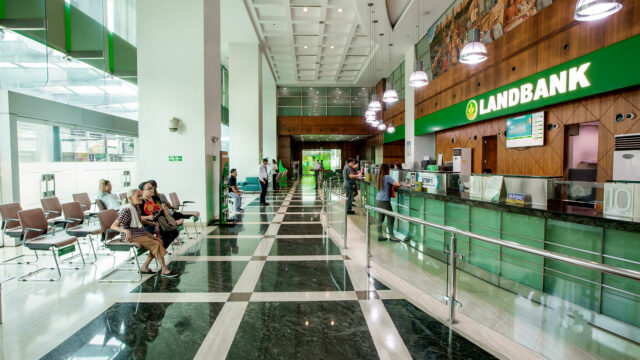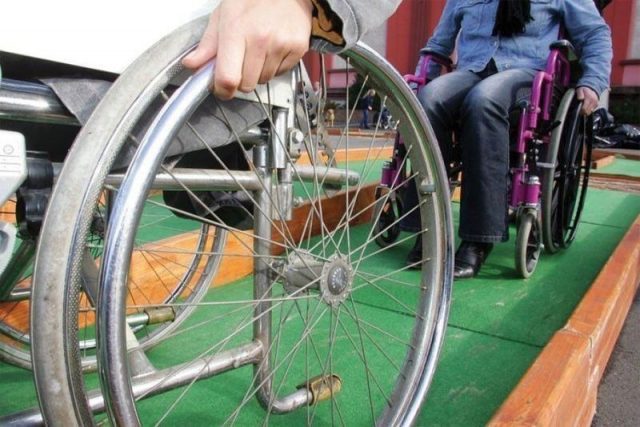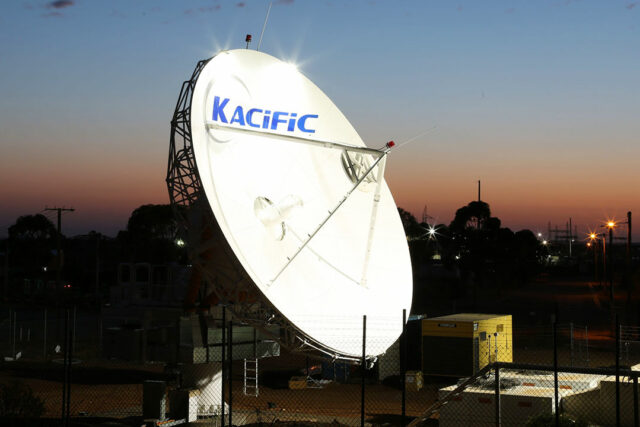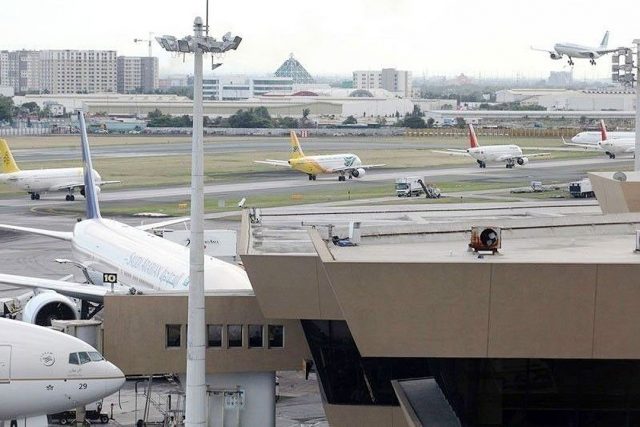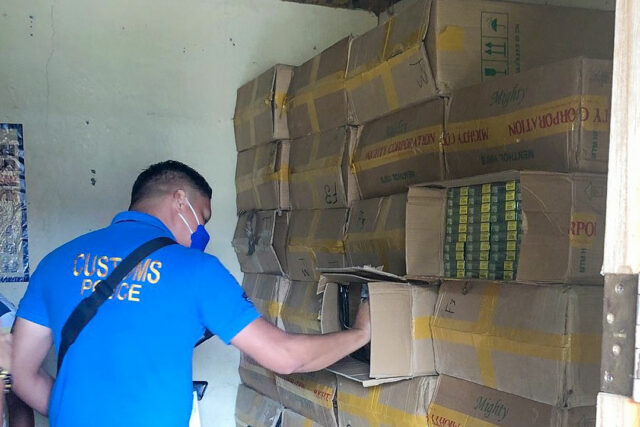THE House of Representatives passed on third and final reading a measure outlining the development path of the downstream natural gas industry, which includes a provision calling for zero value-added tax (VAT) on the commodity.
At the Tuesday plenary session, 215 legislators voted yes and three no, with no abstentions.
The plenary also approved a bill creating a capital accounting system for valuing natural resources, as well as one regulating cooperative banks.
House Bill (HB) No. 8456 seeks to promote natural gas as an energy fuel, citing its potential to meet domestic fuel demand. It also seeks to position the Philippines as liquefied natural gas (LNG) trading and transshipment hub within the Asia-Pacific region.
The bill seeks to “provide a framework for the development of the Philippines’ downstream natural gas industry and its transition from an emerging into (a) mature industry within a competitive natural gas market.”
The measure aims to promote and speed up the exploration and development of indigenous natural gas resources and facilities.
The sale of natural gas will be subject to a zero percent VAT under the proposed law. Investments to convert facilities from oil and coal to gas will also be deemed as eligible capital expenditures under Section 294 (C) of the National Internal Revenue Code, which governs VAT zero-rating.
LNG terminals, downstream natural gas transmission and distribution systems will also be entitled to zero-rated VAT on local purchases of goods, property, and services needed for their facilities.
The proposed Philippine Downstream Natural Gas Industry Development Act will cover natural gas supply and aggregation, LNG bunkering, LNG storage and regasification terminals, conventional and virtual transportation systems, their related facilities, and end-users.
The bill is part of the common legislative agenda of the Legislative-Executive Development Advisory Council (LEDAC).
Legislators on Monday also passed a measure that will create the Philippine Ecosystem and Natural Capital Accounting System (PENCAS).
HB 8443 was approved with 215 legislators voting in the affirmative, zero opposed, and three abstaining.
PENCAS will result in the accurate valuation of natural resources and ecosystem services, permitting an improved picture of the impact of nature on the economy.
“The PENCAS framework shall include, among others, a list of the officially designated statistics on the depletion, degradation, and restoration of natural capital; environmental protection expenditures, pollution and quality of land, air and water; environmental damage, and genuine savings,” according to the proposed law.
The bill requires the Environment and Natural Resources department to report data to the Philippine Statistics Authority, while the Finance department will integrate PENCAS data into fiscal policy and regulations to promote investment in natural capital.
The bill is listed as a LEDAC common legislative agenda item, but is not a priority measure, according to the President’s State of the Nation Address.
Meanwhile, 206 legislators voted to approve a bill governing the registration, regulation and operation of cooperative banks, with none opposed or abstaining.
Under the proposed law, the Bangko Sentral ng Pilipinas will be the primary regulator of cooperative banks in accordance with the General Banking Law of 2000.
HB 8265 seeks to expand the membership of cooperative banks by opening them up to foreign cooperatives, whose ownership is capped at 40% of outstanding voting shares.
Registered cooperative banks will be granted incentives and privileges including tax exemptions, fees and charges under the cooperative code and related laws, and exemption from publication requirements on foreclosed land and from maximum landholding limits under the law.
President Ferdinand R. Marcos, Jr. has urged Congress to amend the cooperative code. — Beatriz Marie D. Cruz



